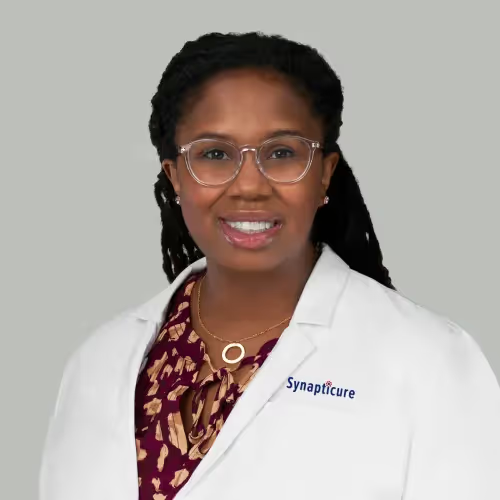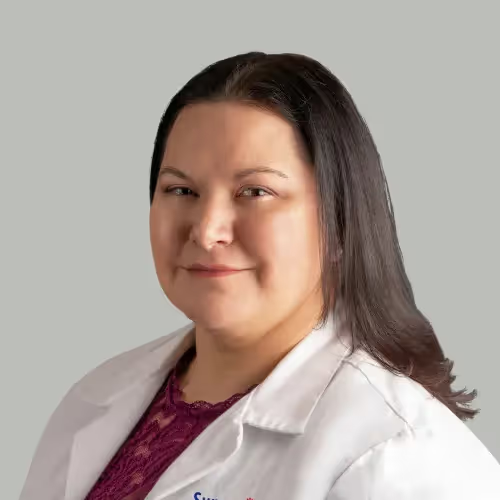June brings two important awareness campaigns: National Aphasia Awareness Month and Alzheimer's & Brain Awareness Month. Aphasia and Alzheimer’s impact millions of people worldwide, profoundly altering their lives and relationships. For Speech-Language Pathologists (SLPs), this month holds special significance as they strive to support patients and caregivers facing the challenges of aphasia, especially Primary Progressive Aphasia (PPA), and Alzheimer's disease. In this blog post, we’ll explore these conditions from the SLP perspective, offering valuable insights, guidance, and support for both patients and caregivers.
Understanding Primary Progressive Aphasia (PPA)
PPA is a type of aphasia characterized by a gradual loss of language abilities due to neurodegenerative diseases such as Alzheimer's or frontotemporal dementia. It affects an estimated 3-4 people per 100,000 similar to the prevalence of ALS. Unlike other forms of aphasia, which typically result from stroke or brain injury, PPA progresses slowly over time, making communication increasingly difficult. SLPs play a crucial role in helping individuals with PPA navigate these changes, offering tailored therapies to maintain communication skills and maximize quality of life.
Tips for Patients and Caregivers
Understanding and managing Primary Progressive Aphasia (PPA) involves adopting effective strategies that empower patients and caregivers. Here's how SLPs recommend navigating communication challenges and maximizing quality of life amidst PPA.
Communication Strategies
To compensate for language difficulties, SLPs provide patients and caregivers with effective communication strategies. This may include using visual aids, gestures, or alternative communication devices to enhance comprehension and expression.
Support Groups
Connecting with support groups can be invaluable for individuals affected by PPA and their caregivers. SLPs can facilitate these connections, offering a space for sharing experiences, coping strategies, and emotional support.
Education and Advocacy
SLPs play a vital role in educating patients, caregivers, and the broader community about PPA, dispelling misconceptions, and advocating for increased awareness and support services.
Alzheimer's and Brain Awareness Month
Alzheimer's disease, the most common cause of dementia, poses significant challenges for patients, caregivers, and healthcare professionals alike. SLPs are integral members of multidisciplinary teams involved in the diagnosis, treatment, and management of Alzheimer's, offering specialized interventions to address language and communication difficulties as the disease progresses.
How SLPs Can Help
Speech specialists provide personalized strategies and support to enhance communication skills, cognitive function, and overall quality of life for individuals living with Primary Progressive Aphasia (PPA) and Alzheimer's disease.
Cognitive-Communication Therapy
SLPs provide tailored cognitive-communication therapy to address memory, attention, and language deficits associated with Alzheimer's disease. These interventions aim to enhance communication skills, maintain cognitive function, and improve quality of life.
Caregiver Training
SLPs offer training and support to caregivers, equipping them with practical strategies for effective communication, behavior management, and enhancing the overall well-being for patients and themselves.
Adaptive Technologies
SLPs leverage adaptive technologies and communication aids to facilitate communication for individuals with advanced Alzheimer's disease, ensuring they can continue to engage with their surroundings and maintain social connections.
As we observe National Aphasia and Alzheimer's & Brain Awareness Month, let's recognize the contributions of Speech-Language Pathologists in supporting individuals with aphasia, particularly Primary Progressive Aphasia, and Alzheimer's disease, along with their caregivers. By raising awareness, promoting understanding, and providing compassionate care, SLPs empower patients and caregivers to navigate the challenges of these conditions with resilience and dignity.












.png)


